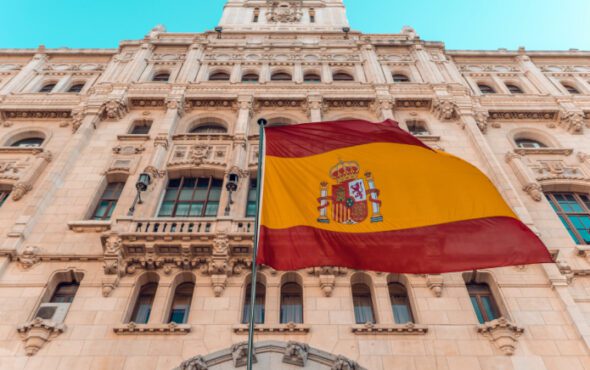
The Spanish government has approved a new law that will allow trans people aged 16 and older to change their registered gender by self-declaration.
It means there will be no requirement to undergo psychological and/or medical evaluations to show gender dysphoria.
Trans youth between the ages of 14 and 16 will be able to apply for changed gender markers with the permission of their parents or guardians, while those between the ages of 12 and 14 will need the consent of a judge.
After requesting a legal gender change, the applicant has three months to ratify their decision.
The sweeping reforms also banned so-called ‘conversion therapy’ which seeks to change or suppress someone’s sexuality or gender identity.
Lawmakers approved the changes on 16 February by a vote of 191 to 60, with 91 abstaining.
“Today is a historic day for trans people”
The country’s Minister of Equality, Irene Montero, said Spain has “taken a giant step forward”.
“Trans people are not ill people,” she said on the Parliament floor. “They are people, full stop.”
READ MORE: Europe moves towards self-ID for trans people
Spain joins countries like Denmark, Argentina and Finland in enacting such legislation.
Mar Cambrollé Jurado, a transgender rights activist, celebrated the new law on Twitter.
“Today is a historic day for trans people,” they wrote.
Scotland’s gender reforms were recently blocked by the UK government
It comes as the British government blocked Scotland introducing similar reforms for self-identification just last month.
The Gender Recognition Reform Bill would have made it easier for trans people to change their legally recognised gender.
They would no longer need to be medically diagnosed with gender dysphoria before obtaining a gender recognition certificate as they would in the rest of the UK.
READ MORE: Scottish gender bill: Activists condemn UK government for “vicious attack” on trans people
In addition, trans people would no longer have needed to prove that they’ve lived in their gender identity for two years before gaining recognition, while also dropping the minimum age of applying for the certificate from 18 to 16.
It was passed by SMPs in a vote of 86 to 39 in December.
UK-wide proposals for gender recognition reform were initially proposed by Theresa May, though these plans were scrapped during Boris Johnson’s premiership.



